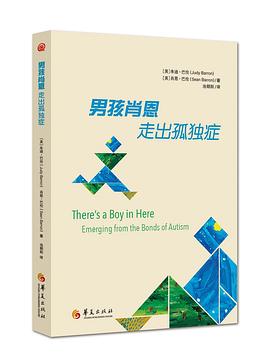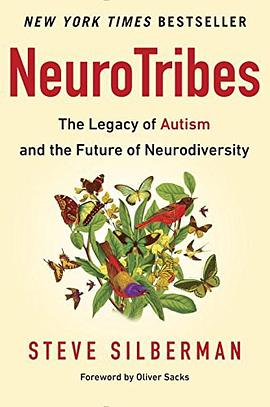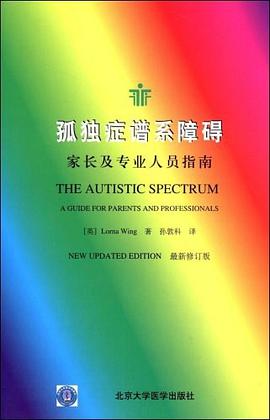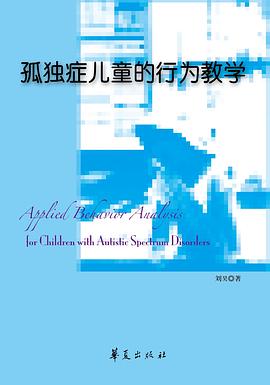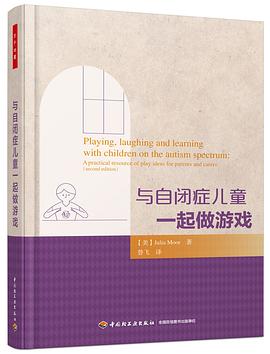

I don't know if people will ever be able to talk to animals the way Doctor Doolittle could, or whether animals will be able to talk back. Maybe science will have something to say about that. But I do know people can learn to "talk" to animals, and to hear what animals have to say, better than they do now. --From Animals in Translation
Why would a cow lick a tractor? Why are collies getting dumber? Why do dolphins sometimes kill for fun? How can a parrot learn to spell? How did wolves teach man to evolve? Temple Grandin draws upon a long, distinguished career as an animal scientist and her own experiences with autism to deliver an extraordinary message about how animals act, think, and feel. She has a perspective like that of no other expert in the field, which allows her to offer unparalleled observations and groundbreaking ideas.
People with autism can often think the way animals think, putting them in the perfect position to translate "animal talk." Grandin is a faithful guide into their world, exploring animal pain, fear, aggression, love, friendship, communication, learning, and, yes, even animal genius. The sweep of Animals in Translation is immense and will forever change the way we think about animals.
*includes a Behavior and Training Troubleshooting Guide Among its provocative ideas, the book:
argues that language is not a requirement for consciousness--and that animals do have consciousness applies the autism theory of "hyper-specificity" to animals, showing that animals and autistic people are so sensitive to detail that they "can't see the forest for the trees"--a talent as well as a "deficit" explores the "interpreter" in the normal human brain that filters out detail, leaving people blind to much of the reality that surrounds them--a reality animals and autistic people see, sometimes all too clearlyexplains how animals have "superhuman" skills: animals have animal geniuscompares animals to autistic savants, declaring that animals may in fact be autistic savants, with special forms of genius that normal people do not possess and sometimes cannot even see examines how humans and animals use their emotions to think, to decide, and even to predict the future reveals the remarkable abilities of handicapped people and animals maintains that the single worst thing you can do to an animal is to make it feel afraid
具體描述
讀後感
动物对人们喜爱的杀伤力是无穷的。太萌?太帅?太猛?对于那些喜欢动物,或者在工作中要和动物接触的人而言,你真的了解动物嘛?知名动物学家葛兰汀(Temple Grandin)和神经心理学领域的研究者及作家约翰逊(Catherine Johnson)合著的《我们为什么不说话:动物的行为、情感...
評分一直觉得我不是个正常人,老被身边的人认为我像某种动物,看完这本书以后我觉得自己很多想法真的很像自闭的人,当我把这个想法告诉我的同学的时候,她竟然哈哈大笑,还说:“我还有梦游症呢!”
評分兽医也好,畜牧工作者也好,或者宠物主人,都会烦恼动物到底在想什么。什么引起了动物的犹豫不前?什么事能让动物开心?为什么有的动物这么有攻击性?…… 对以上的问题,这本书里都有解答。这本书就是《我们为什么不说话》,一本以自闭症患者的视角来描写动物行为的书。 这本...
評分我小时候,所处的环境对知识有种偏见,认为凡是不能提高成绩,不能赚钱的知识,都是无用的——比如研究花草、动物、宇宙或者古生物。 所以拿到这本书的第一感觉,就是“天呐,世界上竟然有做这种研究的人,还研究的这么严肃认真!”这感叹完全是种钦佩,钦佩有人可以研...
評分人类是一个自大的种族。 自两百万年以前走出非洲大陆,人类拓展了疆域,创造了工具,改变了生态环境,毁灭了许多物种,也驯化了许多物种。被驯化的它们一直陪伴在我们身边。它们是马,是牛,是动力;是猫,是狗,是伙伴;是鸡,是鸭,是食物。它们是我们周围不说话的动物。 分...
用戶評價
論自閉癥患者和動物的思考方式與普通人的不同~不要以己度人,不要以為動物的想法跟你一樣。動物有很多本能,遇到閤適的信號就會觸發。動物的大腦神經連接簡單,所以他們的想法也簡單,沒有那麼復雜的情感,所以不會得抑鬱癥,也不容易齣毛病。
评分幫助我們更深刻的理解動物的行為及想法,也幫助我們瞭解自閉癥患者。
评分幫助我們更深刻的理解動物的行為及想法,也幫助我們瞭解自閉癥患者。
评分又讀一遍 做幸福的動物其實也挺難的
评分確實滿滿都是乾貨,但過去這麼久瞭,感覺人對動物還是缺少認識和尊重。
相關圖書
本站所有內容均為互聯網搜索引擎提供的公開搜索信息,本站不存儲任何數據與內容,任何內容與數據均與本站無關,如有需要請聯繫相關搜索引擎包括但不限於百度,google,bing,sogou 等
© 2025 qciss.net All Rights Reserved. 小哈圖書下載中心 版权所有




